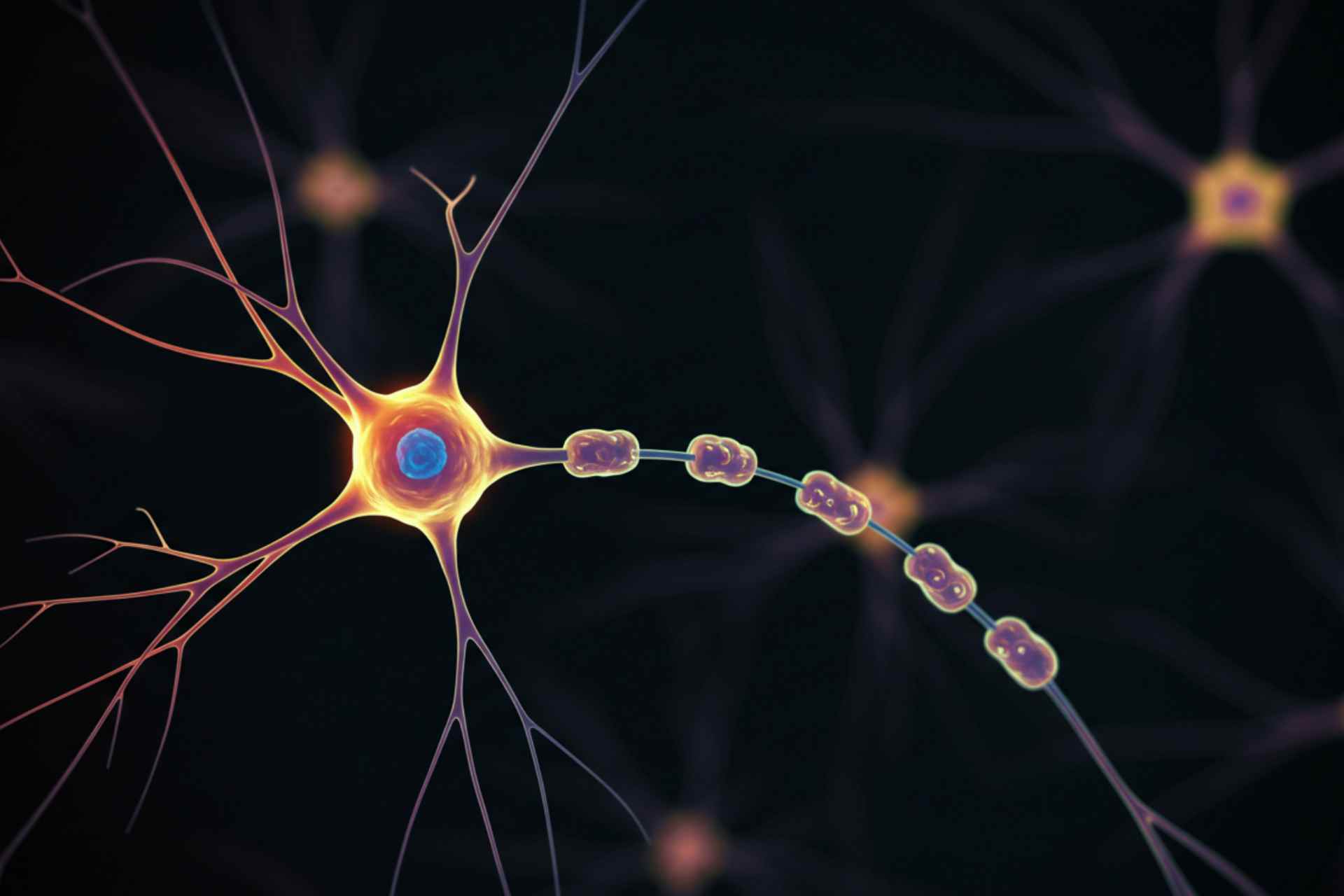In the growing field of microbiome-based medicine, French biotech MaaT Pharma is taking a bold leap beyond oncology. The company, long known for its pioneering work in developing microbiome ecosystem therapies to support cancer patients, has announced promising results from its first clinical foray into neurodegenerative disease.
This May, MaaT Pharma unveiled the final data from IASO, its Phase 1b exploratory trial of MaaT033 in patients with Amyotrophic Lateral Sclerosis (ALS), a devastating disease with limited treatment options. The findings suggest not only that the therapy is safe and well-tolerated but that it may also have a role in slowing the disease’s relentless progression—though the company is careful to emphasize that further trials are needed.
A New Path for MaaT033
Originally developed as an adjunct therapy to support immune recovery in patients undergoing stem cell transplantation, MaaT033 is an oral, donor-derived microbiome therapy. Thanks to the company’s proprietary pooling technology, it features high microbial richness and diversity, including anti-inflammatory species that belong to MaaT Pharma’s patented Butycore™ group.
But the gut microbiome’s reach may extend far beyond cancer and immunotherapy. Mounting scientific evidence highlights the role of the gut-brain axis in neurodegenerative disorders such as ALS. This connection motivated MaaT Pharma to test MaaT033’s effects in ALS patients—an ambitious pivot that could open entirely new therapeutic avenues.
The IASO trial, which enrolled 15 participants at two leading French hospitals, focused first and foremost on safety. MaaT Pharma had already announced in late 2024 that the study met its primary endpoint: MaaT033 was well tolerated. Now, with the final readout, the company has more detailed insights.
Safety, Engraftment—and a Signal of Hope
Biomarker and microbiome data showed a rapid and sustained engraftment of bacterial species introduced by MaaT033, occurring largely within the first month and persisting through follow-up. No concerning safety signals emerged, and the treatment was well tolerated even at multiple doses.
Critically, investigators observed a potential slowdown in disease progression, as measured by the ALS Functional Rating Scale-Revised (ALSFRS-R)—a gold-standard tool for tracking symptom severity. Patients’ average decline slowed from 0.7 points per month before the study to 0.3 points during the 84-day trial period. While this result is not conclusive due to the small sample size and short duration, it offers a glimmer of hope in a field where progress has been painfully slow.
Neurofilament levels, biomarkers of neuronal damage, remained stable throughout, offering further reassurance on the therapy’s safety profile.
A scientific advisory committee reviewed the full results in March 2025 and helped identify the optimal patient population for a future Phase 2 trial—an indication that MaaT Pharma is serious about taking the next step, though likely in partnership.
Expanding the Horizons of Microbiome Therapies
“These encouraging findings confirm the safety of MaaT033 in ALS patients and signal the potential of microbiome modulation far beyond oncology,” said Dr. Gianfranco Pittari, Chief Medical Officer at MaaT Pharma. “We are entering a new frontier where gut bacteria might help manage—or even change the trajectory of—neurodegenerative disease.”
The study was conducted in collaboration with the French ALS patient association Tous en Selles contre la SLA and with support from national research networks. This community-driven approach was key to launching the trial quickly and ensuring patient-centered design.
Strategic Partnerships on the Horizon
For MaaT Pharma, the decision to explore ALS comes with strategic implications. With a strong pipeline already in oncology and a mandate for financial discipline, the company is not aiming to go it alone. “We are now actively seeking partners who can support this development and help bring new options to patients with ALS,” said Hervé Affagard, CEO and co-founder of MaaT Pharma.
That measured approach reflects the company’s broader mission: to develop standardized, scalable microbiome therapeutics that can improve survival and quality of life across multiple conditions. MaaT033 has already earned Orphan Drug Designation from the European Medicines Agency for its oncology applications. Its potential expansion into ALS could elevate the drug—and the company—into a new therapeutic class altogether.
The Long View
ALS, also known as Lou Gehrig’s disease in the U.S., affects tens of thousands of people in Europe and North America. With no curative treatment available and average survival of just 3 to 5 years from symptom onset, the need for new approaches is urgent. While still early, MaaT Pharma’s venture into this space marks an innovative and hopeful chapter in the ongoing effort to fight neurodegeneration.
As MaaT Pharma moves toward Phase 2 planning, all eyes will be on whether the gut-brain axis can offer a tangible lifeline for ALS patients—turning a once-theoretical connection into clinical reality.









